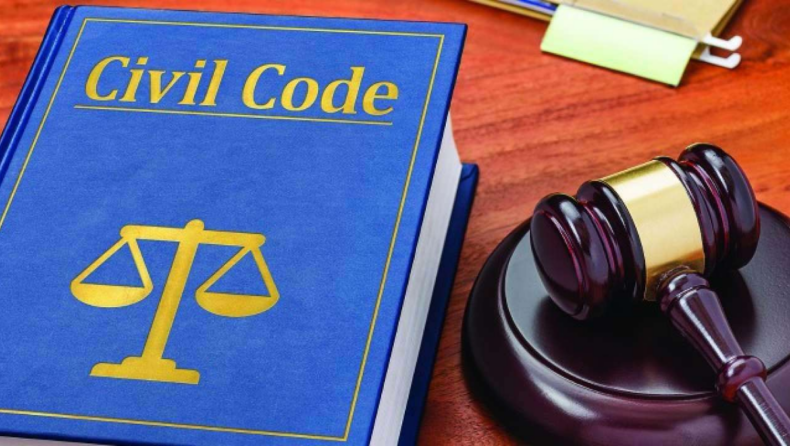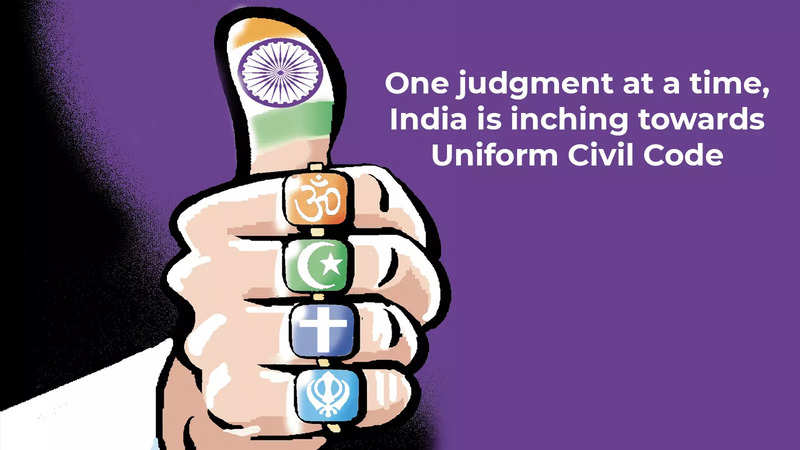
Image Courtesy – TimesofIndia.
What is Uniform Civil Code?
Uniform Civil Code resounds with one nation one rule, to be connected to all religious communities. The term which is currently trending ‘‘Uniform Civil Code’’ is essentially specified in Part 4, Article 44 of the Indian Constitution. “The government is trying to ensure that citizens in India have the right to consciousness. Many see it as a way to promote racial and sexual integration, but it has also been rejected by others as a threat to change and difference.
The only state in India that includes a UCC is Goa, which held its common family law known as the Goa Civil Code after it was freed from Portuguese run the show in 1961. The rest of India takes after diverse individual laws based on their religious or community personality.
Currently just not as it were Muslims but moreover Hindus, Jains, Buddhists, Sikhs, Parsis, and Jews are administered by their claim individual laws. Personal laws are decided based on devout personality. The transformed Hindu Individual Law still joins certain conventional practices. Differences emerge when Hindus and Muslims marry under the Special Marriage Act, where Hindus proceed to be administered by Hindu Personal Law, but Muslims are not.
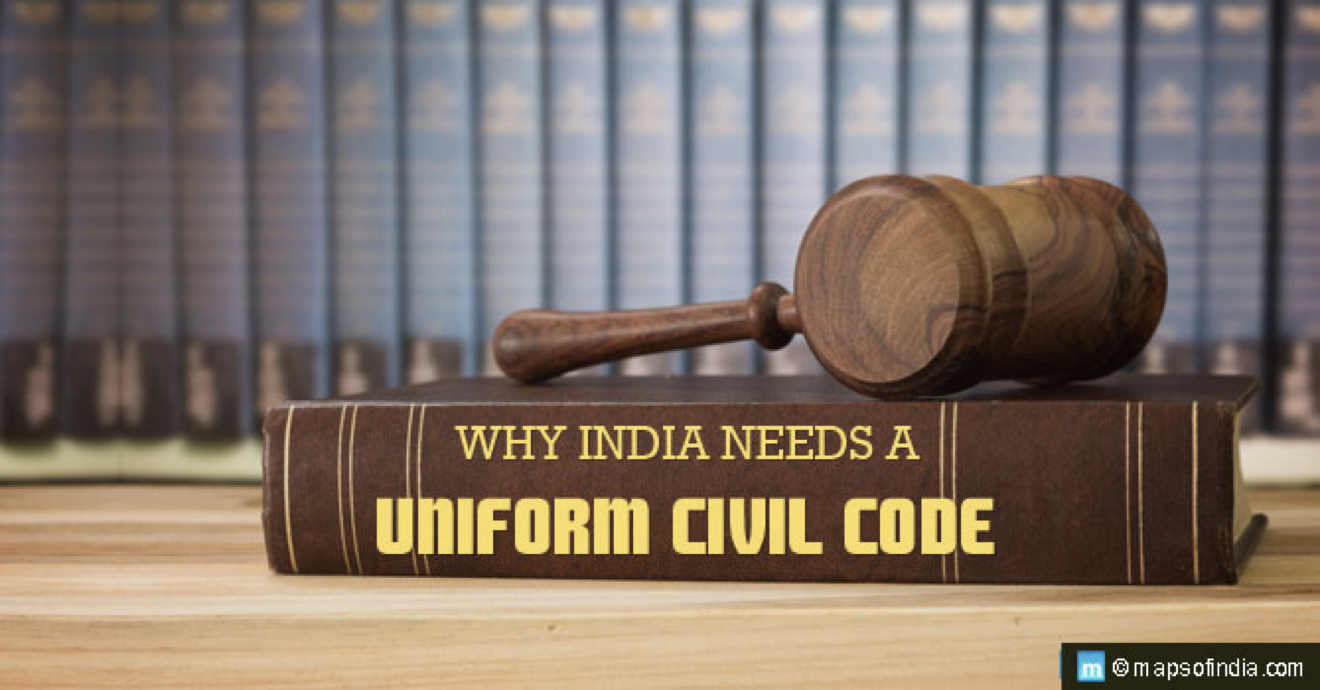
Image Courtesy – IndiaMap.
The Importance of Uniform Civil Code.
A Uniform Civil Code implies that all areas of the society independent of their religion might be treated similarly agreeing to a national civil code which should be appropriate to all consistently. To address the sexual orientation difference created by particular religious laws. India incorporates a history of extremely patriarchal and sexist conventions propagated by society and old religious standards that proceed to overwhelm family life. These subject all Indian ladies to oppression and pitilessness. One such illustration is that men ordinarily concurred with predominant extraordinary status in progression and legacy undertakings. Moreover, the UCC will dispense with these aberrations and contribute to the enhancement of women’s conditions in India.
To address personal laws that constitute an escape clause within the lawful system
India faces a genuine issue with personal laws due to their predisposition toward the upper-class patriarchal conceptions of society in all religions. As may be seen, panchayats proceed to issue decisions that damage our structure, and no activity is taken. Human rights are manhandled all through our nation through respect killings and female foeticide. By sanctioning individual laws, we’ve built up a parallel court framework based on thousands of antiquated values. By killing all loopholes, the widespread gracious code would tip the adjustment in support of society.
Much of the scorn stems from a couple of religious orders tolerating specific status underneath the law, which may be apportioned with a consistent aware code. It will contribute to the unification of all Indians, regardless of caste, religion, or tribe, underneath a single national respectful code of conduct comparative to that found in criminal and other aware laws. To guarantee that all citizens have a rise to the status
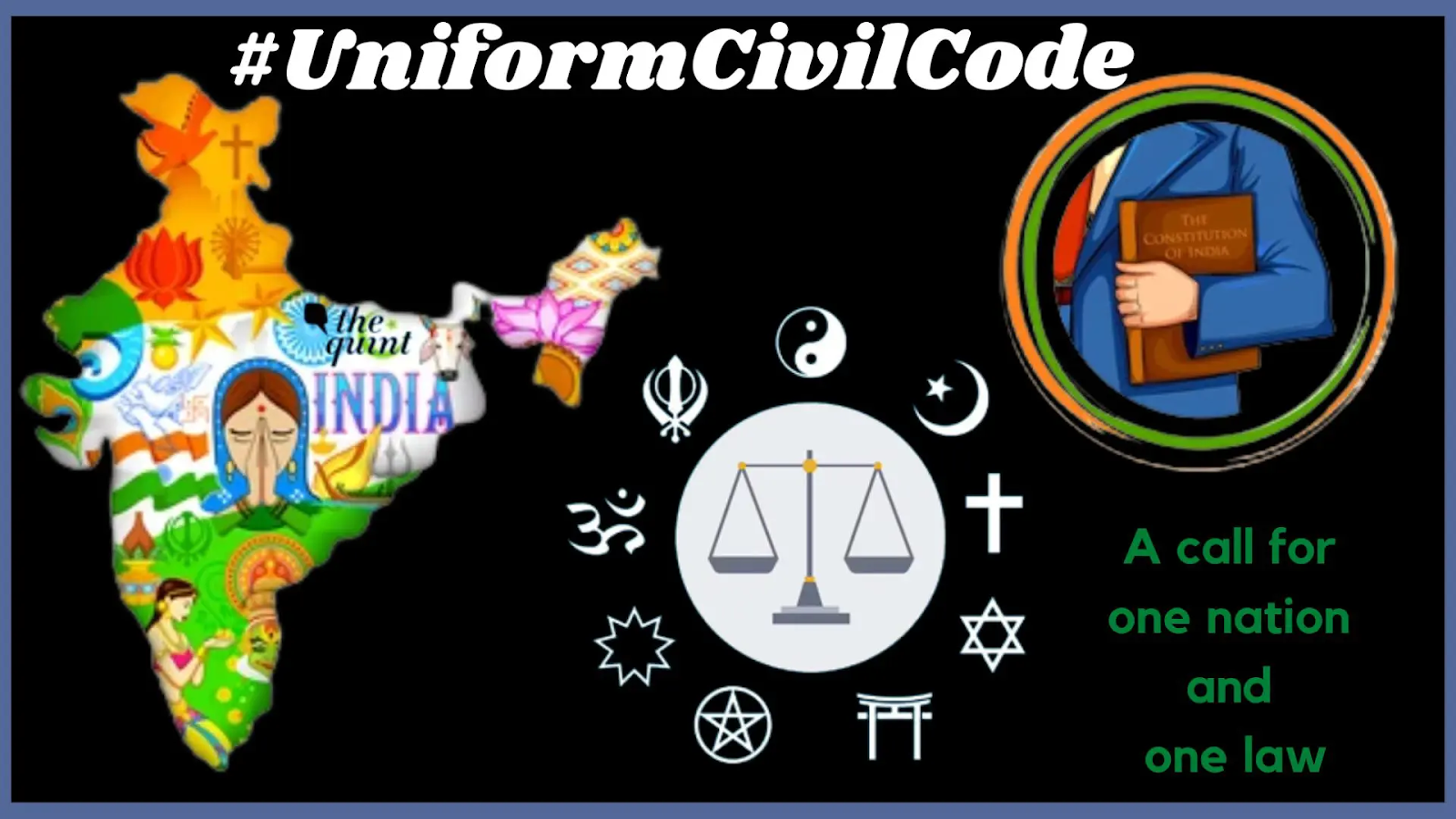
Image Courtesy – Anthromania.
While Muslims are allowed to wed numerous times in India, a Hindu or a Christian will confront arraignment for doing the same. Essentially, there are noteworthy aberrations between numerous religious-related directions. Rise to laws within the ranges of marriage, legacy, and family, are required. Here UCC serves as a guardian angel, bringing everything beneath one roof and helping not as it were in guaranteeing more noteworthy value but moreover in streamlining the administrative and legal forms.
To deal with vote bank politics the phenomena of a uniform civil code will also aid in reducing vote bank politics which is unfortunately practised by most political parties during every election. If all religions are subject to the same laws, there will be no room for politicising issues of discrimination, concessions, or special privileges enjoyed by a particular community based on their religious personal laws.
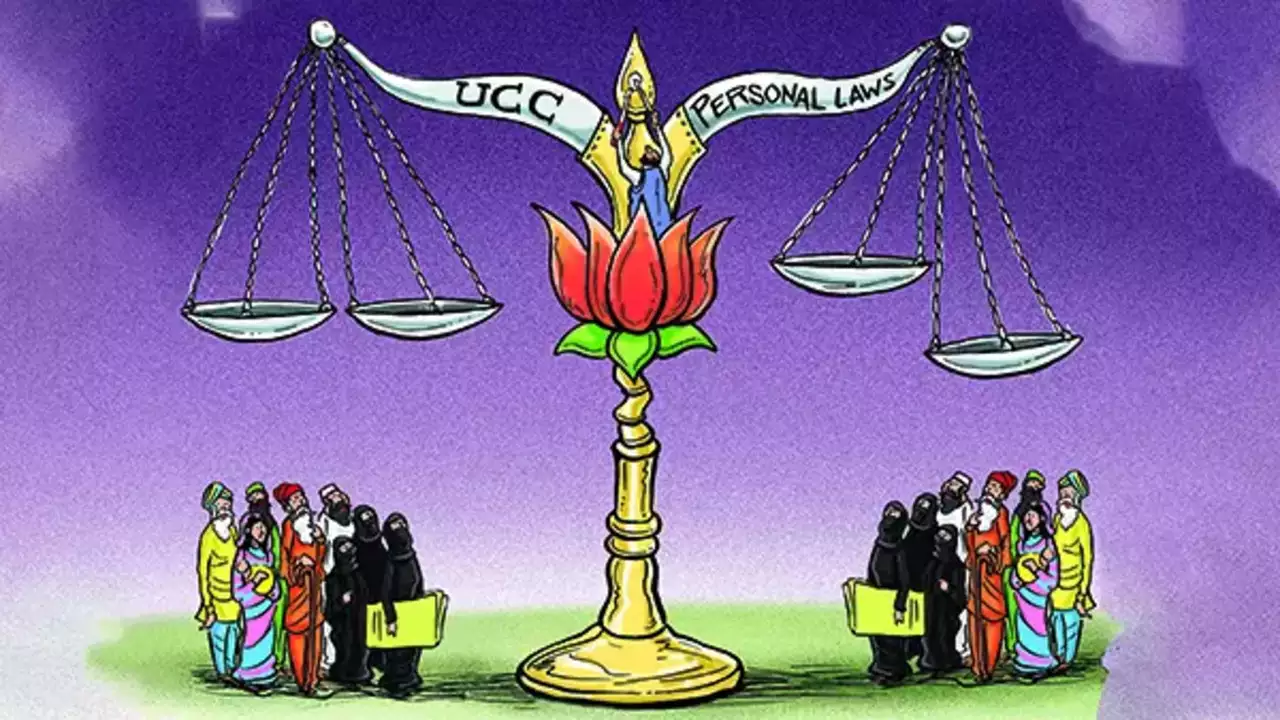
Image Courtesy – TimesofIndia.
As we all know, secularism is the fundamental view of our country and it is reflected in the area able of our constitution. We are now developing secularism, which means that we are important in some areas and not in others. The Uniform Civil Code requires all citizens of India to abide by the same laws no matter what their affiliation to Hinduism, Islam, Christianity or Sikhism. T
he Uniform Civil Code does not easily offend people’s beliefs; It means that everyone is treated the same. This is true secularism. And as mentioned before, law and religion are two not correct concepts in the highest decision-making, such interaction can lead to conflict and are not alike.
It will help us to maintain the pace for global amelioration,
A Uniform Civil Code has gotten to be the trademark of a present-day dynamic nation’s legitimate structure. It illustrates the nation’s move absent from caste and religious legislative issues. Whereas our financial development has been the quickest in the world, our social advancement has been non-existent.
It is conceivable to contend that we have debased socially and socially to the point where we are not one nor the other advanced nor conventional. A bound-together civil code will help within the headway of society and offer assistance to India accomplish its objective of getting to be a created country.







